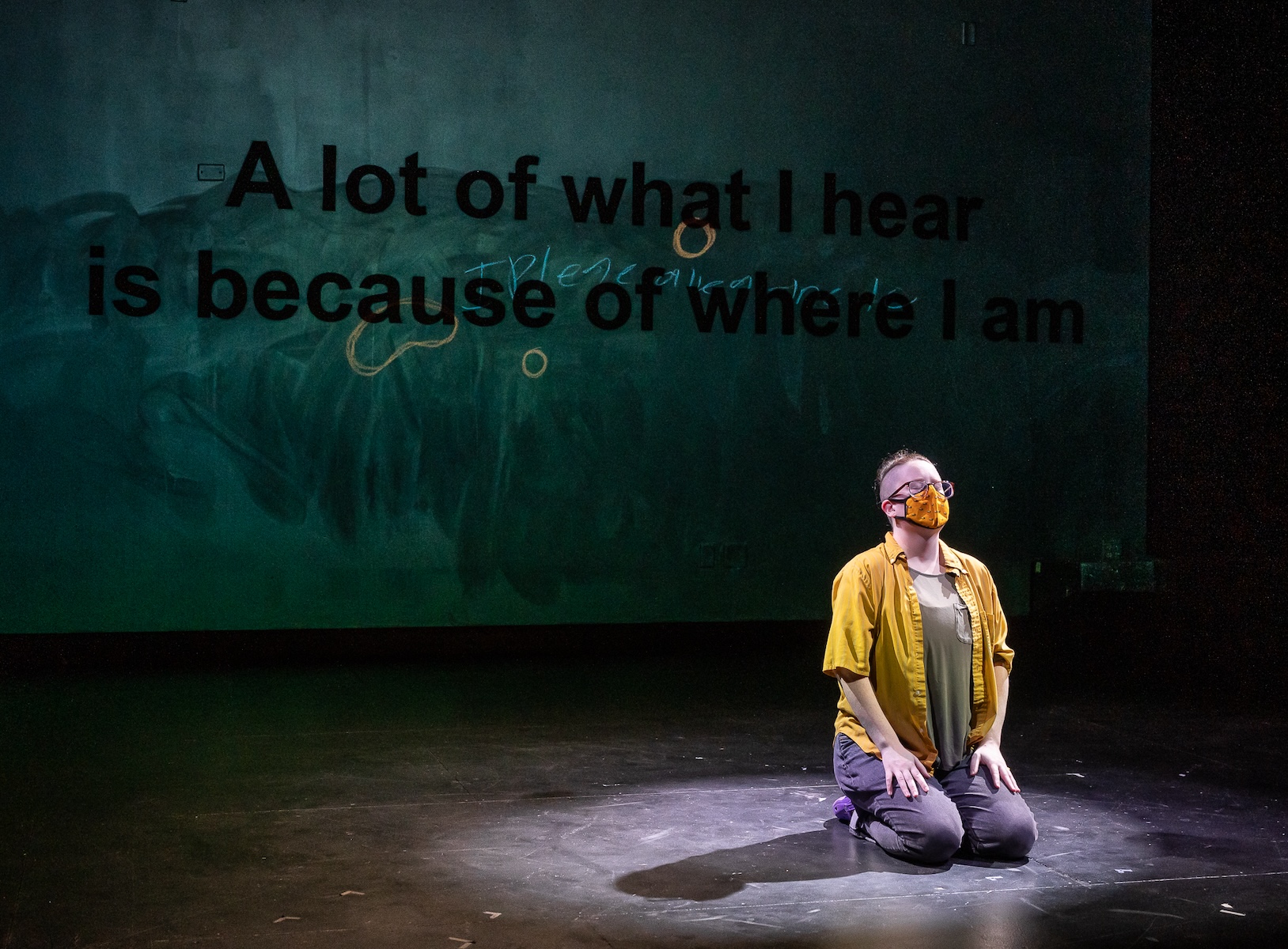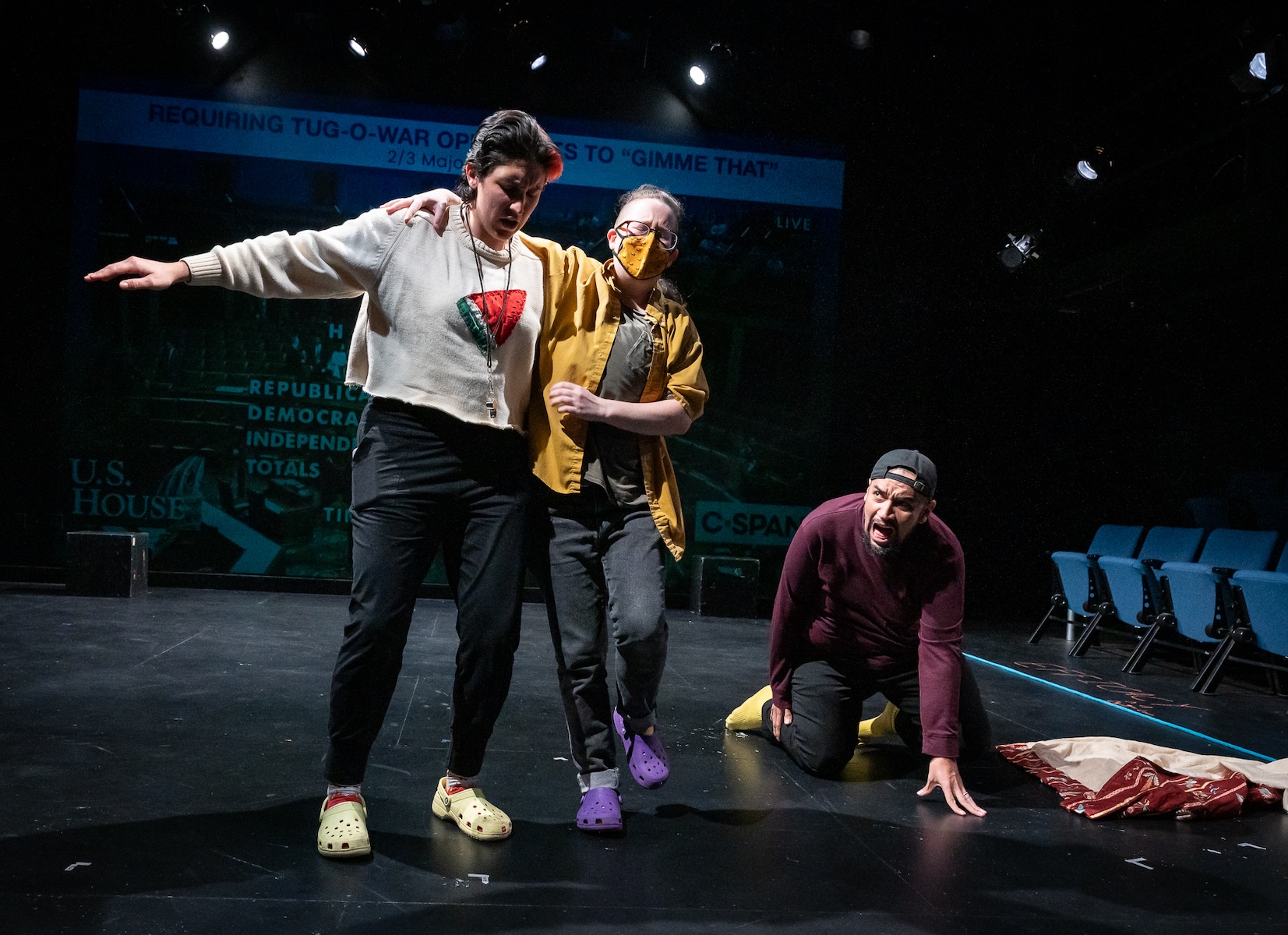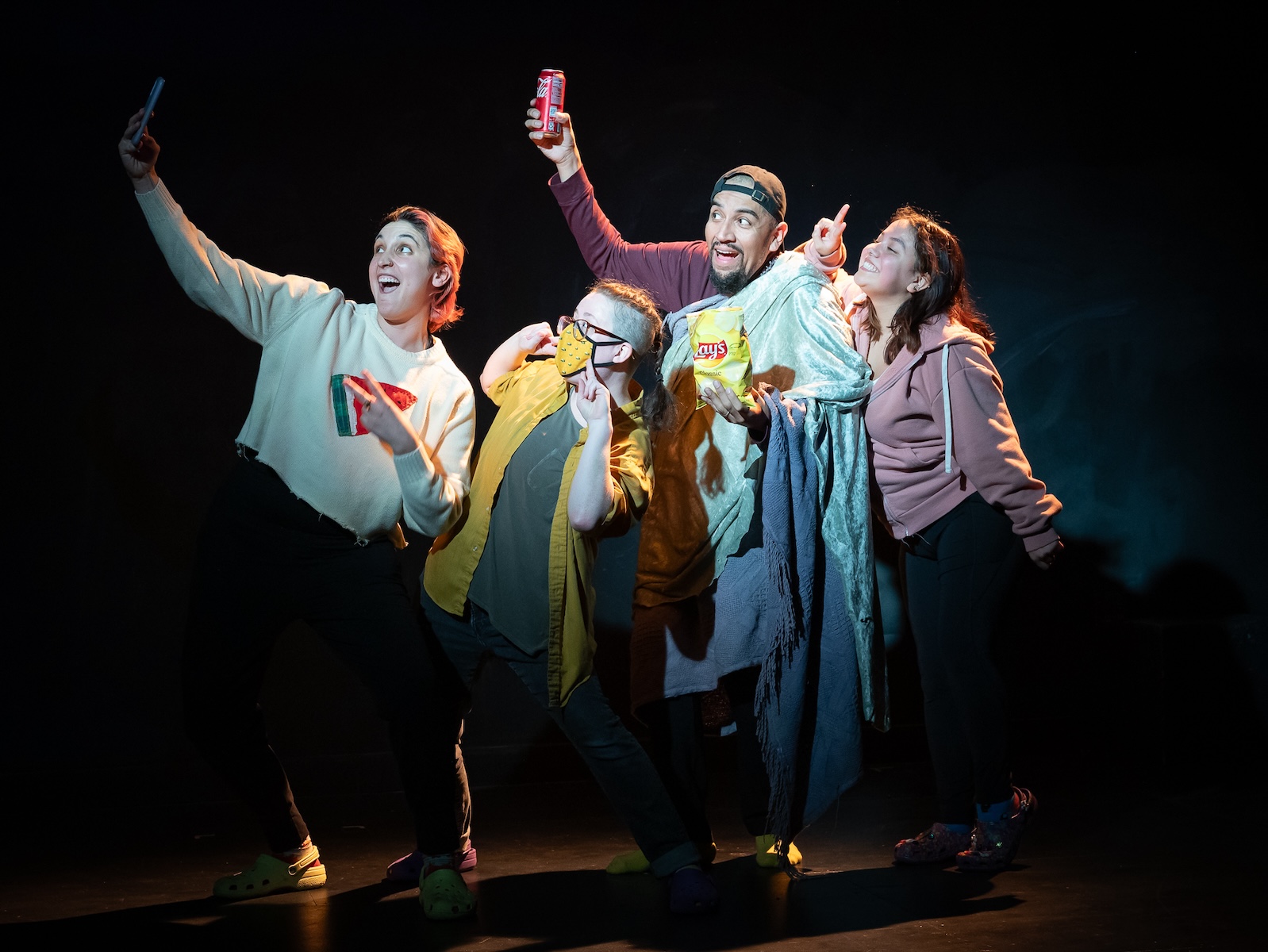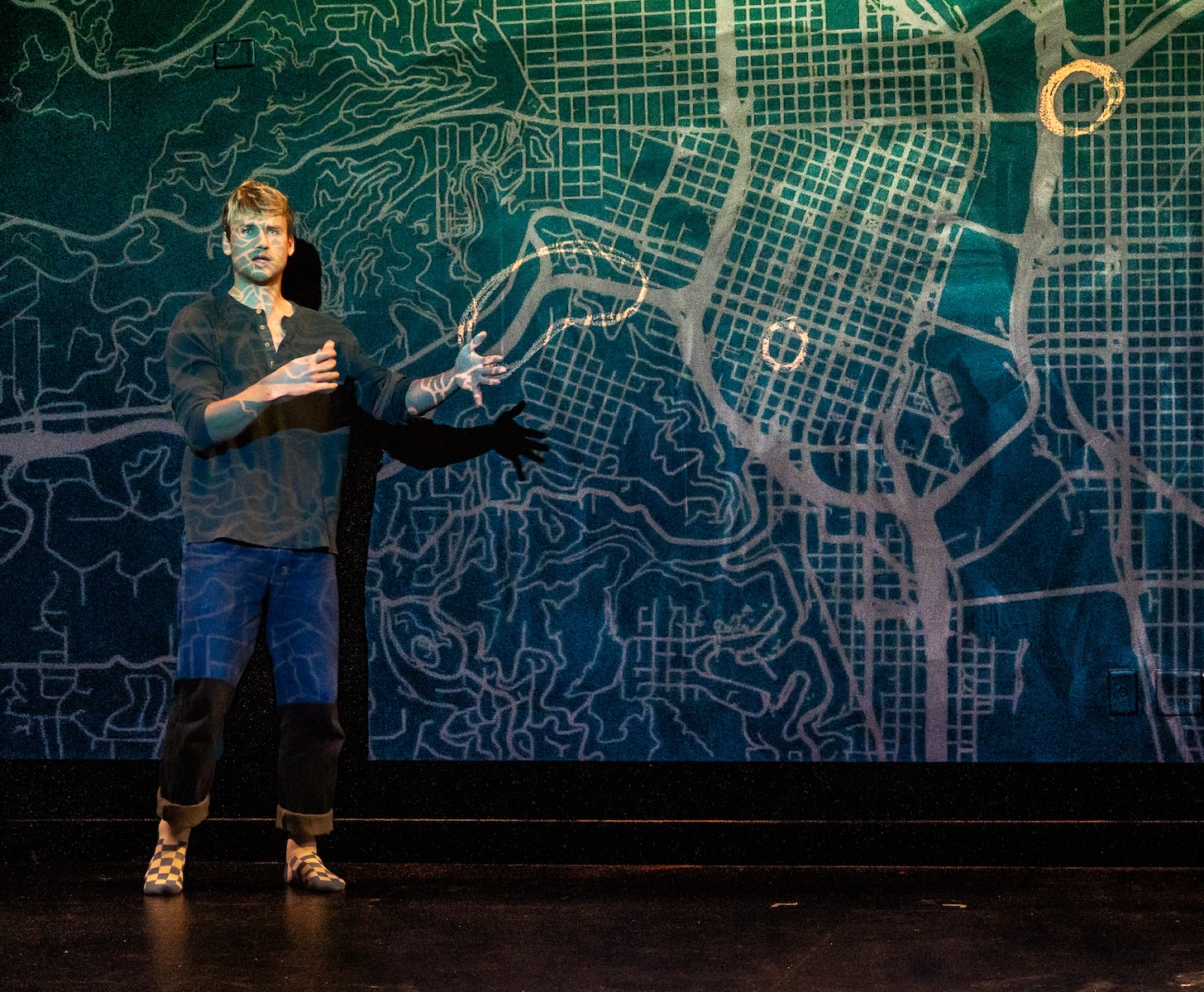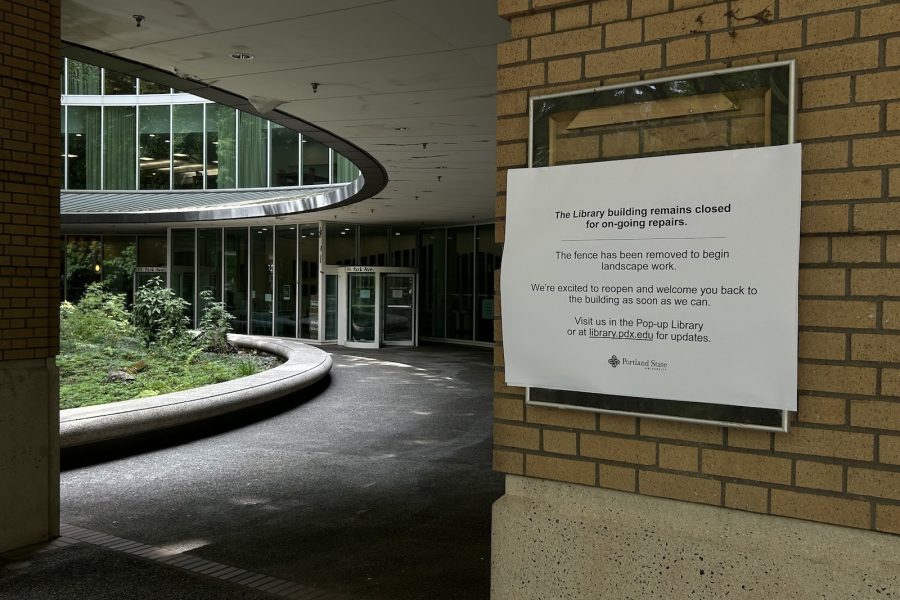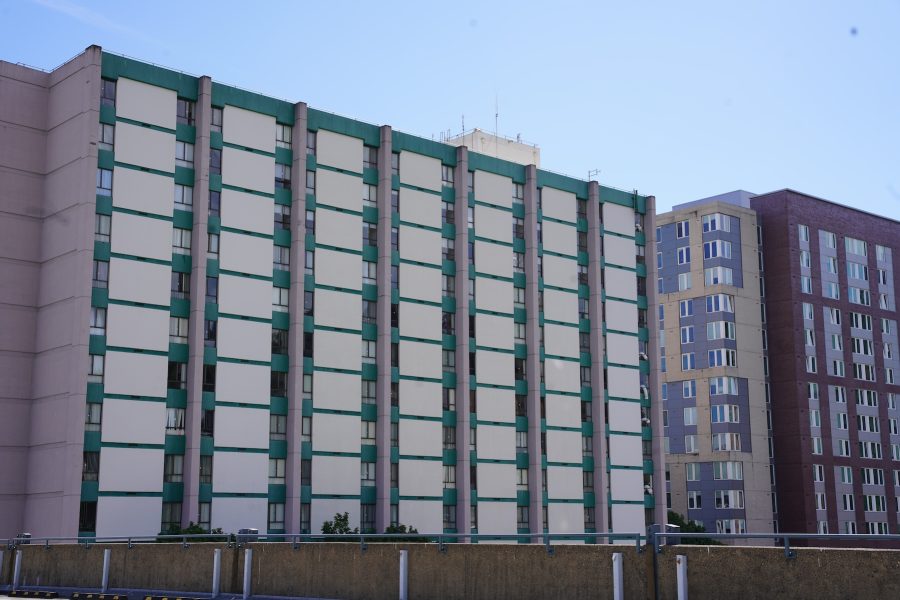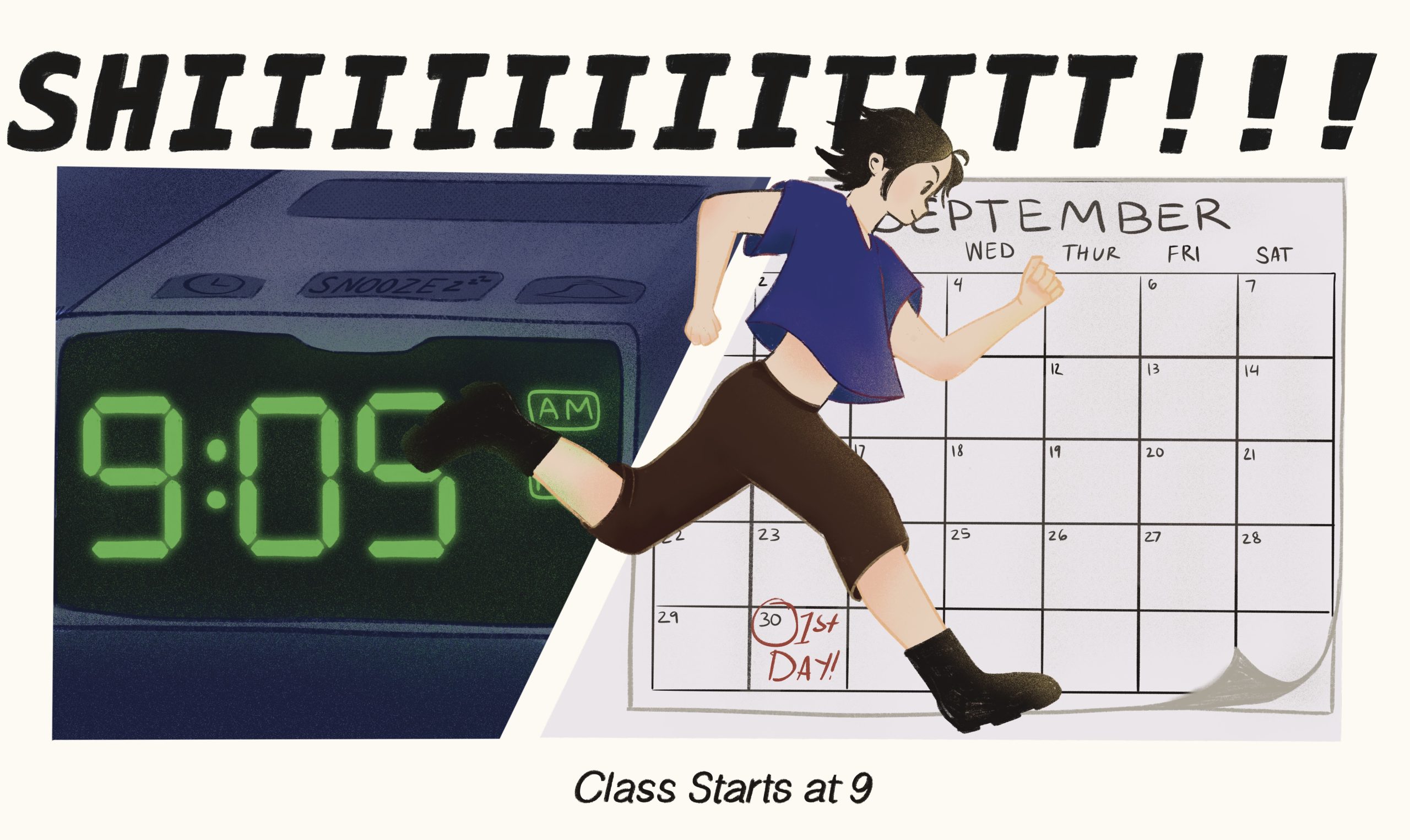Last fall, PSU’s theater program introduced a production called “Y/Ours: The Work of Mutual Aid in a (Lonely) Democracy.” The official web page describes it as “a play devised, performed, and designed by PSU students.” This year, the production will be devised for a second time, alongside the course titled “Devising Social Justice,” which explores topics related to social justice and its role in curating compassion and understanding within our communities. Throughout the course, students will work alongside Damaris Webb, an artist, performer, and social justice advocate, and Solomon Weisbard, associate director and theater program coordinator.
The introduction of more student-led theater productions within a more academic setting is a relatively new concept, especially at PSU. “As we were looking at our season, I noticed that we didn’t really have processes in place to really allow the students to be the primary leaders of projects, and that’s a value that I hold close,” says Weisbard. Along with Damaris Webb, Weisbard developed this course to provide “more opportunities to have activism and social justice within our theater curriculum and theater productions.”
When finding the theme, students base the decision upon an agreement on specific issues related to social justice, which is then devised into a short play. “We’re really trying to put the students as visionaries into the process; whereas in our mainstage productions the professors have a really strong artistic hand, in this case, we’re really trying to have the students be the artistic leaders, under our guidance and feedback,” says Solomon Weisbard.
Students will then utilize what they learned during the “Devising Social Justice” section of the course to direct their creative processes and performances, as well as the conversations and exercises used to strengthen communication and relational skills. “For a few of the classes, they’d have us do meditation, grounding ourselves, and then we’d slowly start learning about how space reacted to us and how we reacted to space,” says Jocelyn Resendiz, who took the course last year. “It was just super interesting and different; it felt very stressful sometimes too—the brainstorming; trying to create our own form of expression based on nothing at first”.
The developmental elements involved in Y/Ours seem especially contemporary, compared to our conventional ideas of how theater productions operate in a university setting. “There is no traditional hierarchical top-down structure,” says Ray Simpson, who also participated in the program’s first production. “This particular experience of the Y/Ours devising program is different, in that it invites students to take a larger role in the creation process […] Y/Ours really encourages students to develop their own visual vocabulary and explore the themes of the title of the piece, and its highly collaborative”
The program also provides an opportunity for students to develop their own art, based on their pasts and personal lives. “They put a lot of time into the development of the pieces to allow people to share from their perspectives and explore what it means to be a racialized person, what it means to be marginalized, whether from poor backgrounds, disabled backgrounds, LGBTQ backgrounds” says Simpson. “I think that it’s very important for people to speak from their perspectives and share their stories […] The more personal you are with your story the more possibilities and openings there are for universal connection, there are a lot more things that connect us than separate us”.
The performing arts provide the platform from which to be creative, and through this creativity, one can present a world to the audience from a different angle, which can profoundly move someone to look deeper into themselves. “Some people say that art has a particular meaning,” says Resendiz.
“I’ll speak personally from experience,” Resendiz mentions. “I did a performance once, directly based on myself; I feel like I was pretty obvious about it, but I talked to a few different people afterwards—different genders, different ages, different races than me—and they said they really related to my story, and that they felt seen. I didn’t realize that these feelings that I’m feeling, other people are feeling them too, but in a different way”
Y/Ours invites students to become “citizen artists,” a title that, like art itself, can hold various meanings. When asked how she would describe the term, Resendiz defines it as “someone who prioritizes being a member of their community and explores that role in their art”. When responding to the same question, Simpson references her own background. “A citizen artist is different,” says Simpson. “I’m from the working class, and I’m also an artist. So I come from the perspective of my working class background, my LGBTQ background, my Latino background, and that influences my art. And I’m speaking about my experiences and hopefully creating more space for people where I come from. A citizen artist is someone who decides to share their own personal worldview in a way that is free of judgment.”
“What I love about theater is that it creates avenues for professional work, but it’s also a really amazing incubator for students to learn important skills and go on to do all kinds of wonderful things beyond theater,” says Weisbard. “They’re learning to be in community, to collaborate, to think dynamically and creatively, to work hard, and to shape something into a product that they’re really proud of. Allowing space for such a process, students are able to go on and contribute to their communities, to think and act in the interest of making change”.
The Y/Ours course still welcomes any students who want to get involved. “If you’re afraid of devising, I would say that this is a very great introduction to what it could be,” says Simpson. “And I think what devising could be is a way to see your story portrayed in a nonlinear fashion and in a more artistically fluid way.”
For those who are interested in signing up, or are simply curious for more information, the Y/Ours production webpage has important news regarding the course. “You don’t have to be a theater major, as long as you’re interested in performance and want to be part of the process,” says Weisbard. “You don’t even have to be an actor—we have a lot of people who are interested in design, or writing, or just contributing in other ways.”
Y/Ours: Tending Gratitude and Other Acts of (Radical) Subversion shows November 20-24, 2024. Cost is Pay What You Can Sliding Scale ($6-$15) at Lincoln Hall Boiler Room Theater (LH 55)

